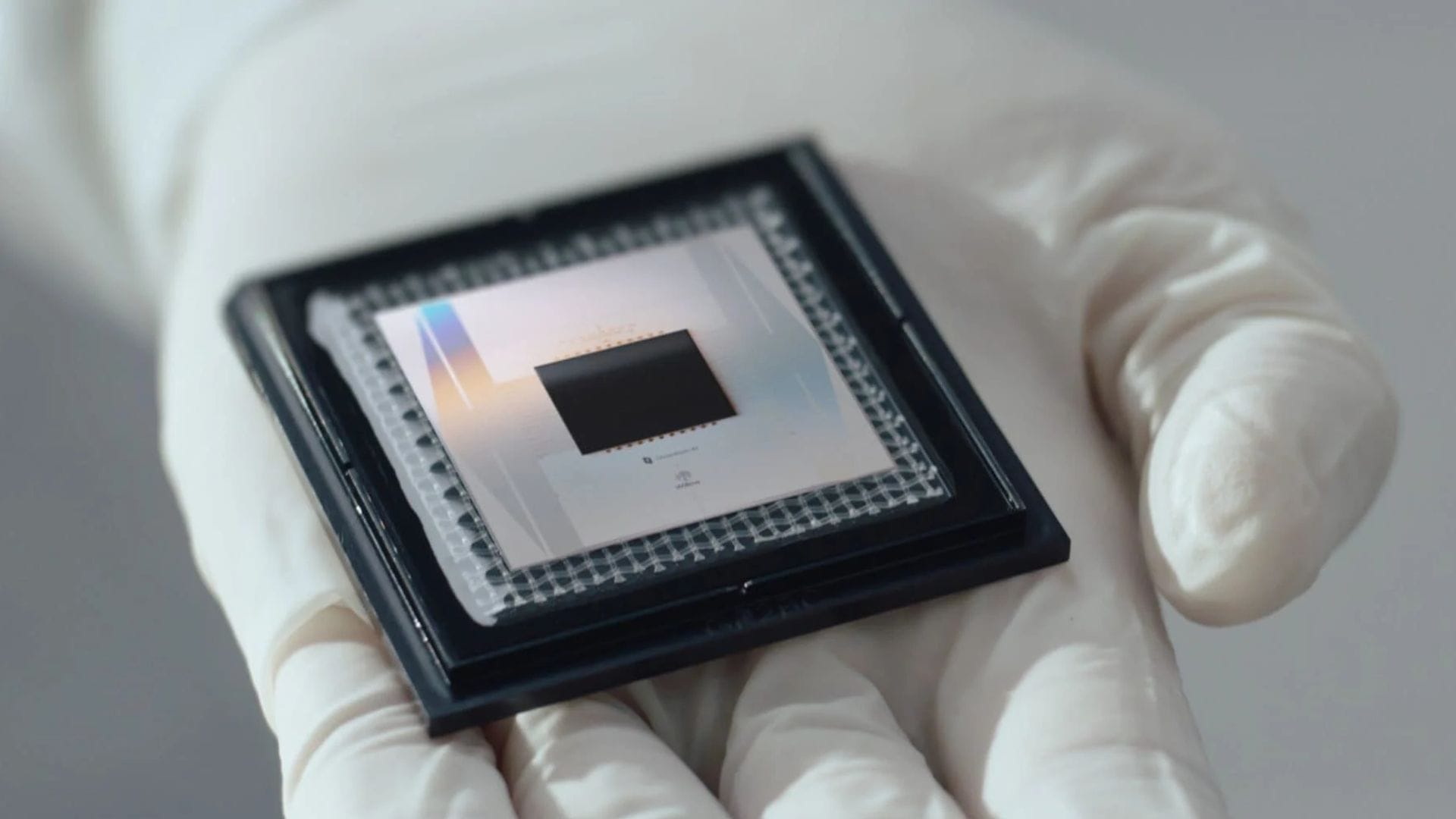Google’s Willow Quantum Chip raises questions despite impressive claims
Google's Willow chip claims quantum progress with faster computations and error correction, but experts question its practicality and benchmarks.

On June 12, Google unveiled its latest quantum chip, Willow, sparking widespread excitement online. Headlines have highlighted the chip’s seemingly astounding capabilities quickly, claiming that it can perform computations in minutes that would take classical computers far longer than the universe’s 14-billion-year lifespan. However, a closer look reveals a more nuanced story, as Google’s announcement raises optimism and scepticism.
Table Of Content
What Willow claims to achieve
Willow is not Google’s first foray into quantum computing. In 2019, the tech giant introduced Sycamore, a quantum computer that claimed to have achieved “quantum supremacy.” This term describes the ability of a quantum computer to solve a problem beyond the reach of classical machines. Sycamore reportedly performed a task in 200 seconds that would have taken the world’s most advanced supercomputer 10,000 years. However, the claim faced harsh criticism, with some researchers calling it “indefensible” due to the narrow scope of the task—random circuit sampling (RCS)—which lacked practical applications.
This time, Google is avoiding the term “quantum supremacy.” Instead, it says Willow achieves “beyond classical computation,” focusing again on RCS as its benchmark. According to Google, Willow can complete its latest RCS challenge in under five minutes, a feat that would supposedly take Frontier, the world’s second most powerful supercomputer, 10 septillion years. While this number bolsters Willow’s theoretical significance, its practical implications remain unclear, as RCS has no known real-world use.
Google insists that RCS performance is a key measure of quantum computing progress. Hartmut Neven, founder of Google Quantum AI, describes RCS as “an entry point” for any quantum algorithm. “If you can’t win on random circuit sampling, you can’t win on any other algorithm,” Neven says. However, other players in the field, such as IBM and Honeywell, favour metrics like quantum volume, which assess a system’s broader capabilities by factoring in qubit interactions and overall reliability.
The real breakthrough: Error correction
Beyond its RCS claims, Google’s most significant announcement is Willow’s ability to overcome a persistent issue in quantum computing—error rates. Quantum bits, or qubits, are notoriously difficult to control, increasing errors as more qubits are added to a system. Google claims Willow is the first quantum chip to achieve a “below-threshold” system, meaning it reduces error rates as the number of qubits increases. This development is crucial for scaling up quantum computers and making them practical for real-world applications.
Neven calls Willow “the most convincing prototype for a scalable logical qubit built to date,” emphasising its importance in the journey towards building large, commercially valuable quantum computers. He adds, “Willow brings us closer to running practical, commercially relevant algorithms that can’t be replicated on conventional computers.”
A future still out of reach
While Willow represents a promising step forward, Google acknowledges that it is far from delivering a fully functional quantum computer capable of solving real-world problems. The technology remains experimental, and challenges like qubit stability and system scalability need further refinement.
Despite the hurdles, Willow’s advancements signal meaningful progress in quantum computing. If Google and other researchers continue to overcome the field’s limitations, quantum computers may solve complex problems with tangible impacts on industries such as healthcare, logistics, and materials science.
















